I've been trying to authenticate with a MIFARE DESFire EV1 card with the default key (00000000h) for the last week to no avail. I have followed this blog's instructions to the letter. I implemented Send mode CBC and Receive mode CBC like this:
var
SendVector, ReceiveVector: UInt64;
procedure ResetVectors;
begin
SendVector := 0;
ReceiveVector := 0;
end;
procedure Encrypt(var Data: TBytes; Key: TBytes);
var
iData, iKey: UInt64;
i: Integer;
begin
if Length(Data) mod 8 > 0 then
SetLength(Data, Length(Data) + (8 - Length(Data) mod 8));
Move(Key[0], iKey, 8);
for i := 0 to (Length(Data) - 1) div 8 do
begin
Move(Data[i * 8], iData, 8);
EncryptInt64(iData, iKey);
Move(iData, Data[i * 8], 8);
end;
end;
procedure EncryptInt64(var Data, Key: Int64);
begin
Data := Data xor SendVector;
DESEncrypt(@Data, @Key);
SendVector := Data;
end;
procedure Decrypt(var Data: TBytes; Key: TBytes);
var
iData, iKey: UInt64;
i: Integer;
begin
Move(Key[0], iKey, 8);
for i := 0 to (Length(Data) - 1) div 8 do
begin
Move(Data[i * 8], iData, 8);
DecryptInt64(iData, iKey);
Move(iData, Data[i * 8], 8);
end;
end;
procedure DecryptInt64(var Data, Key: Int64);
var
Tmp: UInt64;
begin
Tmp := ReceiveVector;
ReceiveVector := Data;
DESDecrypt(@Data, @Key);
Data := Data xor Tmp;
end;
This is the log of APDU commands I sent to the card, and their corresponding responses:
-->90 6A 00 00 00 // List Applications
<--01 02 03
<--9100 (OK)
-->90 5A 00 00 03 00 00 00 00 // Select PICC
<--9100 (OK)
-->90 1A 00 00 01 00 00 // ISO Authenticate with master key (00000000h)
<--91AF
-->90 AF 00 00 00 // Retreive RndB
<--A4 4C 2B D1 EB 6F 64 0C
<--9100 (OK)
-->90 AF 00 00 10 0D 9F 27 9B A5 D8 72 60 25 DD 7A 19 63 0F 26 2D 00 // Send DES(RndA + RndB')
<--91AE (AUTHENTICATION_FAILURE)
Here is the whole code of my Authenticate method:
procedure Authenticate;
var
Key, Data: TBytes;
s: string;
b: Byte;
RndA: UInt64;
i: Integer;
begin
ResetVectors;
Key := HexStringToBuffer('00 00 00 00 00 00 00 00');
s := '90 1A 00 00 01 00 00';
s := SendAPDU(s, False);
Data := HexStringToBuffer(s);
Decrypt(Data, Key);
b := Data[0];
for i := 0 to 6 do
Data[i] := Data[i + 1];
Data[7] := b;
RndA := 1; // not very wise
SetLength(Data, 16);
Move(Data[0], Data[8], 8);
Move(RndA, Data[0], 8);
Encrypt(Data, Key);
s := '90 AF 00 00 10 ' + BufferToHexString(Data) + ' 00';
SendAPDU(s, False);
end;
I'm lost as to why the card is rejecting my authentication attempt flatly. Any thoughts?
Here's the diagram of CBC Send and CBC Receive algorithms as per DESFire EV1 manufacturer instructions:

